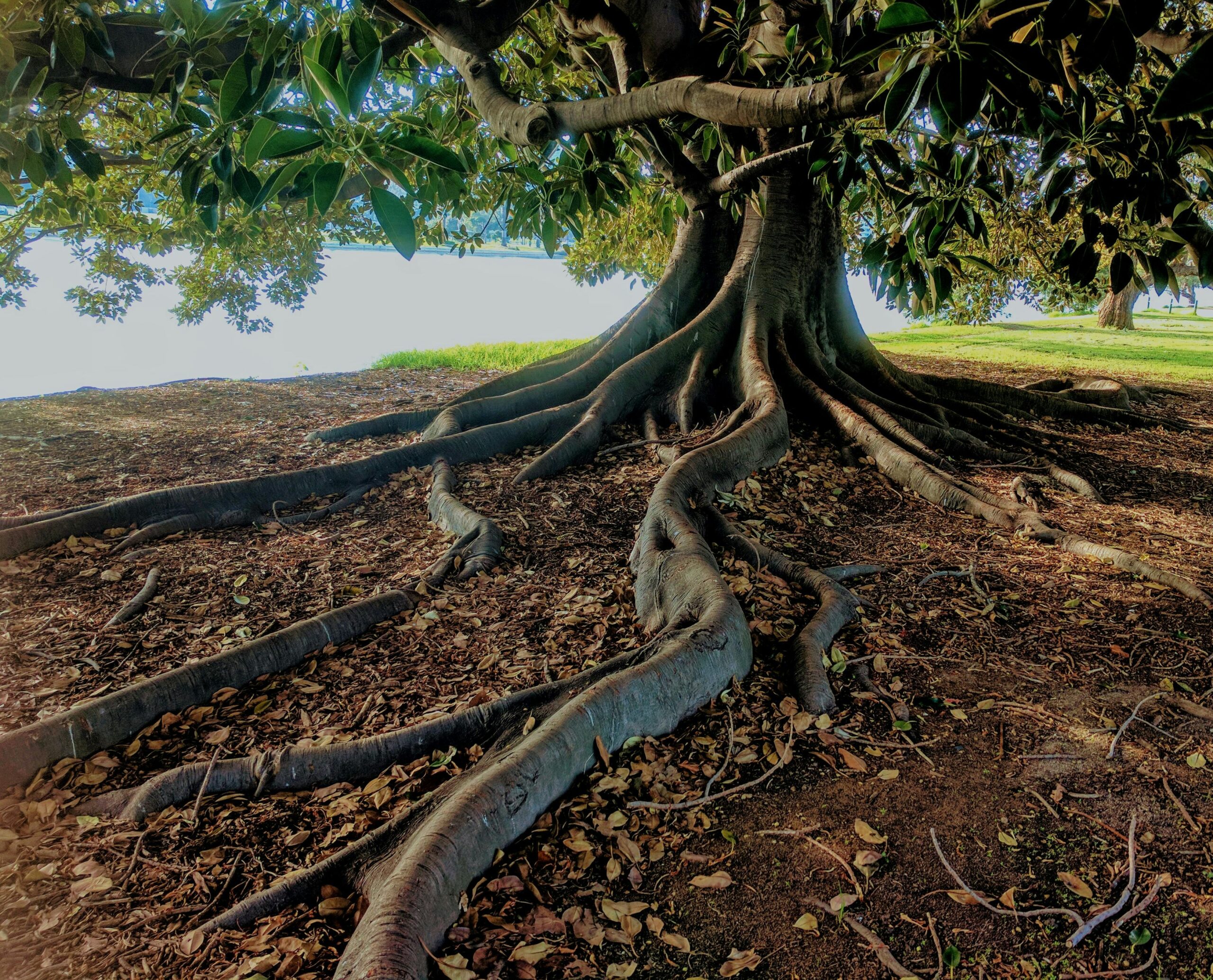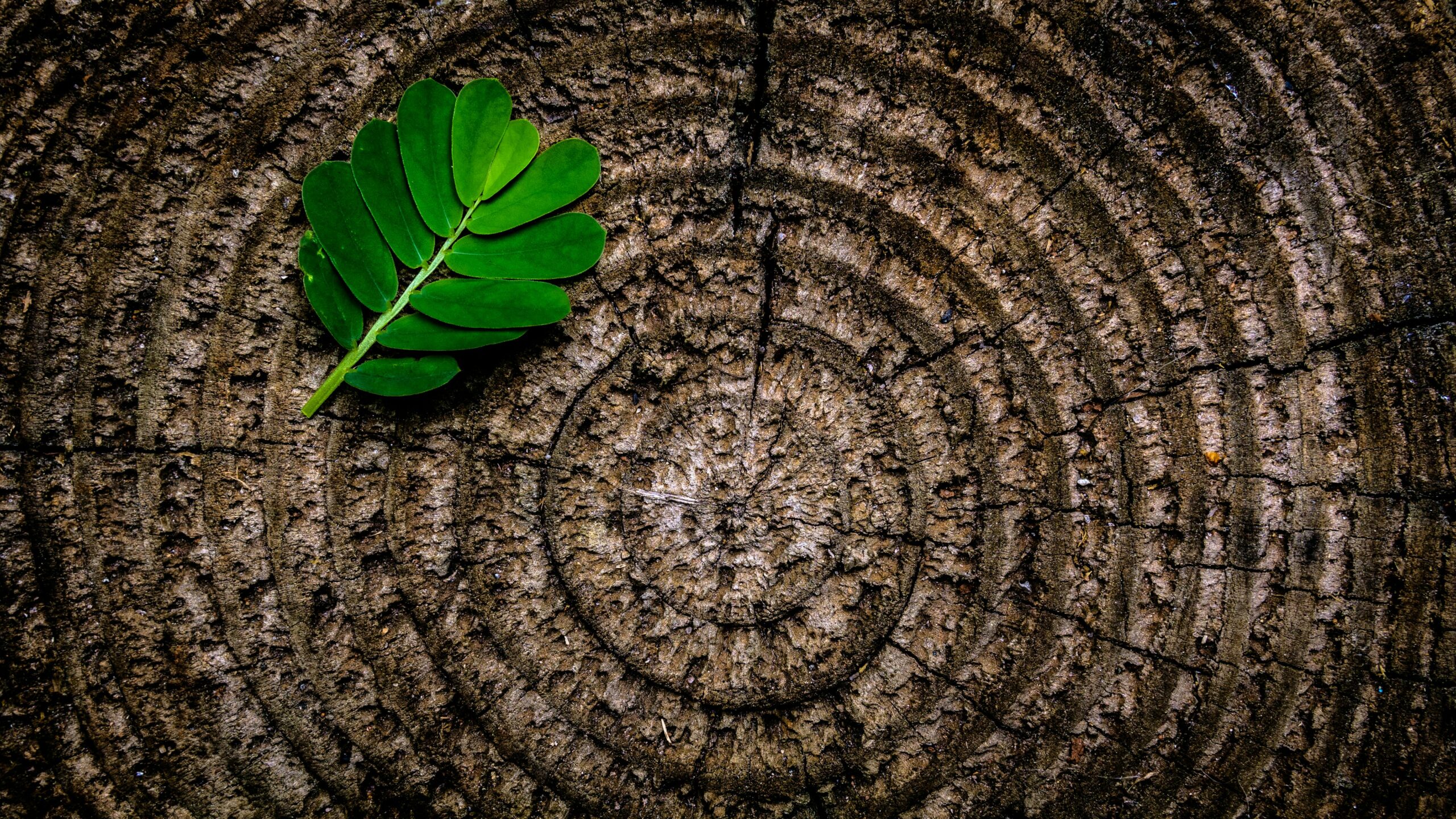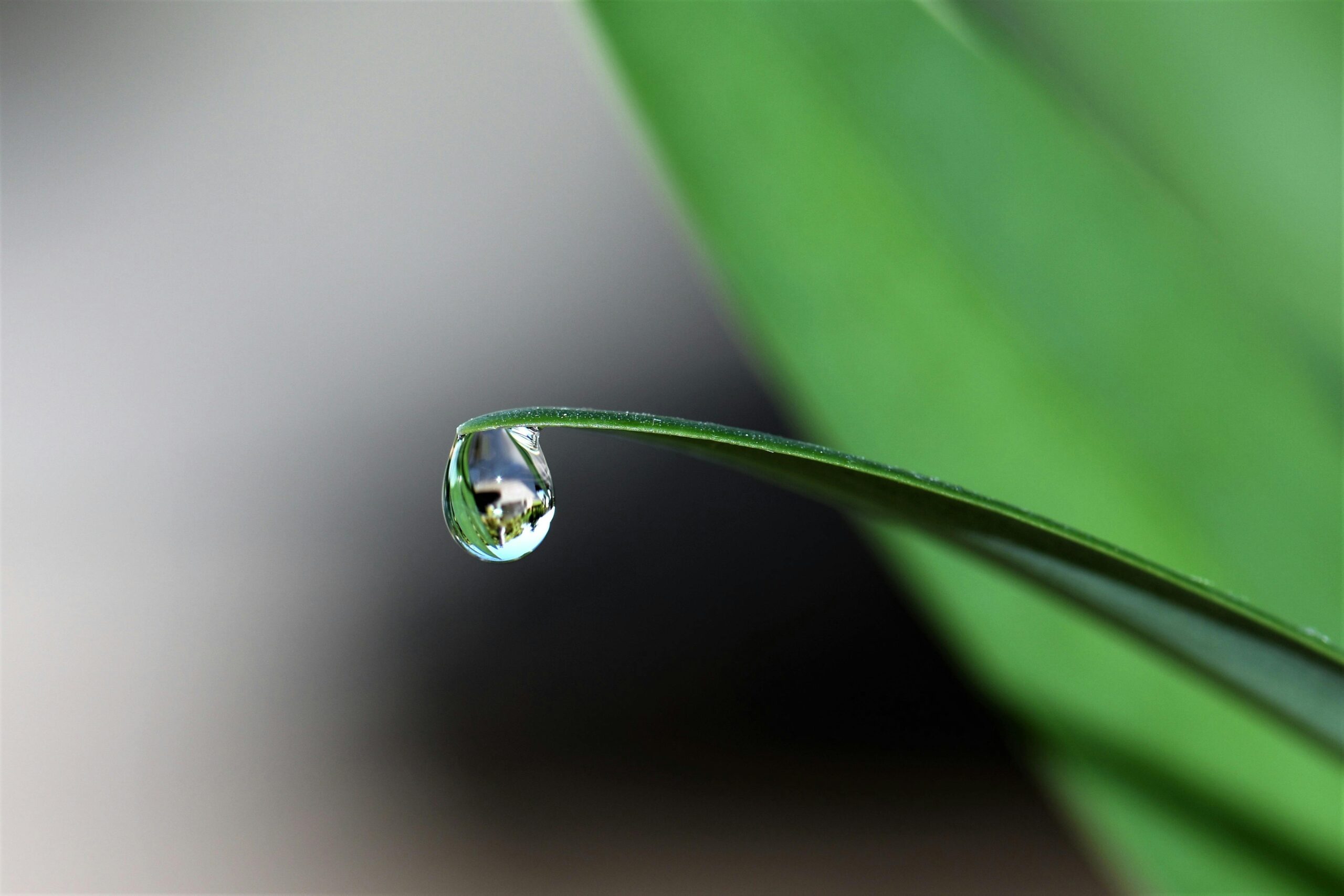Welcome to SoulSp8ce.
A place to nourish your being.

What is SoulSp8ce?
SoulSp8ce comprises an immersive experience of visual images, sound and quiet guidance designed to help wellbeing as follows:
Visual images – of nature and suggestions of energy movement to embrace the notion of biophilia (which literally translates as “love of life,” and is the innate need to interact with other forms of life such as animals and plants) which enhances a feeling of spiritual connection.
The images take the person on a managed energetic journey:
- Phase 1 – From stressed, busy life to allowing the body to physically relax
- Phase 2 – Allowing the mind to quieten
- Phase 3 – Experience to nourish the soul
- Phase 4 – A closing down to allow an energetic return to normal awareness.
Sound – Music which has a vibration at the level of Schumann Resonances of the Earth which is the natural vibration of the Earth’s electromagnetic field.
Every person, object, and animal, and form as well as each sensation, emotion, thought, and state of being vibrates at a unique frequency. Your own personal vibration communicates who you are and helps shape your reality. Raising the frequency of your energetic vibration is beneficial to your wellbeing (Dispenza, 2017).
The Schumann Resonances of the Earth are harmonising. When people tune into these frequencies, they may experience benefits such as relaxation, calmness and improved resilience to stress and anxiety.
Voice – A calm voice guides the person through the energetic journey of SoulSp8ce, helping them to focus on the experience.
References:
Dispenza, J. Becoming Supernatural: How Common People are Doing the Uncommon. Hay House Inc. New York. 2017
McTaggart, L. The Field. Element (Harper Collins Publishers Ltd), London, 2003

Why SoulSp8ce was developed?
As people we are of mind, body and spirit. At SoulSp8ce we would go further and say that we are spiritual beings experiencing a mind and a body.
There are many ways to feed our mind for example through books, education, work and there are many methods to nurture our body such as healthy eating and exercise. This knowledge is well known to most people.
However, in our fast paced and demanding Western World, nourishing our spiritual self is not perceived to be easily accessible. In the past, religion often served as the primary means for individuals to explore and nurture their spiritual lives. As we seek to fulfil that spiritual dimension where do we go now when we wish to nurture that soul part of ourselves in this world?
Ultimately, the journey toward spiritual fulfilment is deeply personal and can be shaped by our unique experiences, values, and the world around us. Embracing a diverse range of practices and beliefs allows us to find our own paths to nurturing our spiritual selves.
SoulSp8ce aims to be an introduction to the ease felt when we nurture our soul, our spiritual self.
Why is SoulSp8ce needed now?
About a quarter of the UK population experience some kind of mental health need in any one year and 1 in 6 people report experiencing a common mental health problem (like anxiety and depression) in any given week in England (Mind). Anxiety and depression can be severe and long-lasting and have a big impact on people’s ability to get on with life.
An American survey by Kessler, et al. 2005, found that in their lifetime nearly half (46.4%) the people surveyed1 had a diagnosed mental health need (they met the criteria for a DSM-IV2disorder). 28.8% were estimated to have anxiety disorders; 20.8%, mood disorders; 24.8% impulse-control disorders; 14.6% substance use disorders
The study found that half of mental ill health starts by age 14 and 75% develops by age 24. The study concluded that interventions aimed at prevention or early treatment need to focus on youth.
Research has shown that spirituality practices are linked to lower rates of depression, anxiety, and suicide (Koenig, 2012).
Notes
- 9,282 English-speaking respondents aged 18 years and older.
- The DSM-IV (Diagnostic and Statistical Manual of Mental Disorders, Fourth Edition) was a manual developed by the American Psychiatric Association (APA) to classify and diagnose mental disorders.
References:
Kessler RC, Berglund P, Demler O, Jin R, Merikangas KR, Walters EE. Lifetime prevalence and age-of-onset distributions of DSM-IV disorders in the National Comorbidity Survey Replication. Archives of General Psychiatry [Internet]. 2005 Jun 1 [cited 2018 Oct 16];62(6):593. Available from: http://archpsyc.jamanetwork.com/article.aspx?doi=10.1001/archpsyc.62.6.593
Koenig HG. Religion, spirituality, and health: the research and clinical implications. ISRN Psychiatry. 2012 Dec
MIND – https://www.mind.org.uk/information-support/types-of-mental-health-problems/mental-health-facts-and-statistics/

Who are we?
SoulSp8ce, founded by Craig Rebuck and Su Mason, embodies a profound commitment to nurturing spiritual well-being in a way that is readily accessible for everyone. Their combined expertise in nursing, healing practices, and movement education underscore the importance of aligning mind, body, and spirit.
Su Mason Ph.D., B.Nurs. is a founding Director of Omnes Healing and Co-Chair of The Confederation of Healing Organisations. She is co-author of Vibrations of Life – A Handbook for Energetic Wellbeing.
Su’s background is in Nursing (she was Senior Nursing Sister of the Regional Paediatric Burns Unit, Manchester, UK) and medical and healthcare research (Joint Head of the Clinical Trials Research Unit, The University of Leeds, 1998 to 2002).
Su is passionate about bringing people’s attention to their spiritual selves and the benefits that can bring to their lives.
Craig Rebuck MSc. serves as a Co-Trustee of The Sylvan Charitable Trust and co-chair of The Confederation of Healing Organisations. As a qualified Feldenkrais teacher, he is passionate about helping individuals reframe their habits through simple movement. With 35 years of healing practice alongside his commercial career, Craig brings a wealth of experience and expertise to this project.
Access an 8-minute SoulSp8ce here

SoulSp8ce Follow-up Guidance and Support
After participating in your SoulSp8ce experience, you may notice a new awareness of various emotions, including sensations of feeling 'spaced out' or ungrounded. This shift is a natural response to the energetic work you engaged in. To support your overall well-being, consider the following suggestions aimed at enhancing your grounding:
Enhancing Grounding
Firstly, further grounding may be beneficial. It’s important to recognise that the SoulSp8ce sessions have intentionally begun and concluded with language that reinforces the connection of your physical body to the Earth. This grounding process is comparable to the earth wire in an electrical plug, which helps prevent electrical shocks by dissipating excess energy. Similarly, grounding techniques help mitigate the risk of becoming overwhelmed by an accumulation of high vibrational energy during energy-focused practices.
Certain individuals may be particularly sensitive to this surplus of high vibrational energy. Such sensitivity often arises when there is a significant contrast between a person’s baseline energy vibration and the elevated frequencies encountered during a SoulSp8ce practice.
Techniques for Grounding
To facilitate your grounding, you might explore the following methods, each of which engages your focused intention to establish a connection with the Earth:
1. Somatic Awareness: Place your hand on the crown of your head while becoming conscious of the ground underfoot. Tune into the energy exchange occurring between your feet and the Earth, fostering a sense of support and stability.
2. Imagined Rooting: Visualise golden roots extending from the soles of your feet deep into the Earth, anchoring your physical body (whilst intending that your highly vibrational energy remains in your body). Once grounding is achieved, mentally release the roots from your awareness.
3. Intentional Grounding: If visualisation is challenging, employ the power of intention. Simply affirm to yourself that you are fully grounded, establishing an intended connection with the Earth.
4. Sensory Visualisation: Envision the sensation of wet sand beneath your feet and toes while standing safely at the edge of a warm sea. This imagery can evoke feelings of stability and connection to the physical world through sensory memory.
By integrating these practices, you can better navigate any newfound feelings and enhance your emotional and energetic equilibrium following your SoulSp8ce experience.
If you are interested in finding out further about how to self-manage your energies, please click here [LINK TO PAGE 7] for further information.
Crisis Support
If you are in a crisis, or any other person, please click here for other resources for support.

Would You Like to Develop Your Personal Energetic Understanding?
Workshop: How to Raise Your Energetic Vibration to Help Your Wellbeing
Do you feel the energy of others?
Do you feel drained by other people?
If so, this workshop might be for you.
In this two-hour, online workshop you will learn about:
Your Personal Energy Field
Techniques to Raise your Energetic Vibration
Energetic Protection
Grounding
Dates: Tuesday 2nd September 2025
Time: 18.30 to 20.30 hrs (UK time)
Venue: Zoom
Cost: £30 (£25 concessions)
If interested, please email [email protected]
Please note that this is a stand-alone workshop. It is also the first requirement prior to enrolment on the Omnes Healing Foundation Course, because the content of the workshop is part of their Foundation course material.
Our current service provider is Omnes Healing, and we are actively working on expanding our network to include additional service providers.

Our Global Community
At the heart of our initiative lies a powerful mission: to build a global community that celebrates the unique contributions of each individual while recognising that together, we are so much more than the sum of our parts. We believe that by fostering connections across diverse backgrounds and perspectives, we can empower one another to grow, learn, and thrive.
We invite you to be part of this vibrant community. As you register, you help illuminate our interactive global map, showcasing the rich tapestry of individuals who share a common vision of personal and collective well-being.
Each download signifies not only your participation but also your contribution to a growing network of support, inspiration, and collaboration, promoting spiritual growth and healing across borders. Join us in this transformative journey as we connect hearts and minds around the world.
https://shorthand.com/the-craft/tools-to-create-interactive-maps/index.html

Why is Our Spirituality Important?
The Spiritual Companions Trust defines spirituality as follows: Spirituality is everyone’s natural ability to connect with the wonder and energy of life and the instinct to explore its meaning. The aim of SoulSp8ce is to be an outreach resource to allow people ‘to connect with the wonder and energy of life’ and in so doing allow a nurturing of their spiritual self. There are many authoritative bodies which state the importance of spirituality for our health. Here are just a few:
World Health Organisation
In May 1984, the Thirty-Seventh World Health Assembly adopted resolution WHA37.13, which named the “spiritual dimension” as an integral part of WHO Member States’ strategies for health.
United Nations
The Earth Summit Conference – Health ultimately depends on the ability to manage successfully the interaction between the physical, spiritual, biological and economic/social environment. Agenda 21, 6.2
Royal College of Psychiatrists
Founded over 20 years ago, the Spirituality and Psychiatry Special Interest Group is one of the largest in the Royal College of Psychiatrists, with over 5,000 members. This reflects the importance of this topic to the College membership and the growing evidence base around spirituality and mental health.
Education Reform Act of 2988
The opening sentence ‘The curriculum for a maintained school (must be) a balanced and broadly based curriculum which — promotes the spiritual, moral, cultural, mental and physical development of pupils at the school and of society.’
Education (Schools) Act 1992
‘The Chief Inspector for England shall have the general duty of keeping the Secretary of State informed about … the spiritual, moral, social and cultural development of pupils at those schools.’
Ofsted
Ofsted School Inspection Handbook, Jan 2015
The word ‘spiritual’ appears 20 times
Para 128 ‘Before making the final judgement on the overall effectiveness, inspectors must also evaluate: the effectiveness and impact of the provision for pupils’ spiritual, moral, social and cultural development . . .’

Research (The Science for those who want to find out more)
There has been and continues to be major pieces of research which shows the health benefits of people having a spiritual practice in their lives. The website of Duke University – Centre for Spirituality, Theology and Health is a good resource for keeping up to date with emerging research.
The most influential evidence-based work is by Harold Koenig (2012) who provides a systematic review of 3,300 research studies connecting spirituality to health outcomes, exploring how spiritual beliefs and practices can influence physical, mental, and emotional well-being. His main findings were as follows:
- Spiritual Involvement – Spiritual practices, such as prayer, meditation, and participation in spiritual communities, are linked to lower rates of depression, anxiety, and suicide. Additionally, there is evidence suggesting that spiritual individuals may have lower rates of certain diseases, such as cardiovascular conditions, and experience better overall life satisfaction and resilience. One of the central arguments in Koenig’s work is the idea that spirituality / religion can provide individuals with a sense of meaning, purpose, and social support, all of which are crucial for coping with stress and adversity.
- Mechanisms by which spirituality might influence health outcomes –These include psychological mechanisms (e.g., coping strategies, meaning-making), social support networks, and biological processes such as the regulation of stress hormones and immune function.
- Implications for healthcare practice – The importance of healthcare providers understanding and integrating patients’ spiritual and religious beliefs into care. Koenig advocates for a holistic approach to patient care, one that considers not only the physical but also the psychological, emotional, and spiritual dimensions of health.
In their 2022 study, Balboni et al. conducted a comprehensive systematic review of over 8,000 research articles published between January 2000 and April 2022, to assess the role of spirituality in both serious illness and overall health outcomes.
The study concluded that addressing spirituality within healthcare settings was important. For people with serious illness integrating spiritual care into patient management, the training of interdisciplinary teams and involving specialty practitioners of spiritual care is needed.
The expert panels in the study suggested:
- adopting patient-centred, evidence-based approaches that recognize the benefits of spiritual community participation
- enhancing awareness among health professionals about the protective health associations of spiritual community
- acknowledging spirituality as a social determinant of health in research and community initiatives*
Lisa Miller is a clinical psychologist and Director of Clinical Psychology at Columbia University, USA. Her book, ‘The Spiritual Child: The New Science on Parenting for Health and Lifelong Thriving’, explores the profound impact of spirituality on children’s mental and physical well-being.
For evidence for the book, Miller uses her own clinical research studies (which focus on academic development of adolescents) and literature review of academic articles on spirituality and childhood.
Her research indicated that children who have a positive, active relationship to spirituality:
- are 40% less likely to use and abuse substances
- are 60% less likely to be depressed as teenagers
- are 80% less likely to have dangerous or unprotected sex
- have significantly more positive markers for thriving including an increased sense of meaning and purpose, and high levels of academic success.
The book is divided into two parts:
Spirituality in Childhood – Miller examines how spirituality emerges naturally in children and emphasizes the crucial role parents play in recognizing and fostering this aspect of their development. The concept of the “field of love,” is introduced, highlighting that accepting and loving parenting fosters a child’s spirituality, blending parental love with transcendence. She emphasizes that parents don’t need to “make” their children spiritual but should cultivate their spirituality by recognizing and nurturing it.
Spirituality in Adolescence – The author discusses the challenges adolescents face and how a strong spiritual foundation can serve as a protective factor against depression and other mental health issues.
Miller’s book presents compelling research indicating that nurturing a child’s innate spiritual capacities leads to greater happiness, resilience, and overall thriving.
Note
*SoulSp8ce is such a community initiative!
References:
Duke University – Center for Spirituality, Theology and Health – https://spiritualityandhealth.duke.edu/index.php/publications/crossroads
Koenig HG. Religion, spirituality, and health: the research and clinical implications. ISRN Psychiatry. 2012 Dec
Miller, L. – The Spiritual Child: The New Science on Parenting for Health and Lifelong Thriving. Picador, New York 2016
Tracy A. Balboni et al. Spirituality in Serious Illness and Health. Journal of the American Medical Association. July 2022. Scholars@Duke+4Health Sciences Research Commons+4metajournal.com+4Neuroscience News+4metajournal.com+4Harvard Projects+4